
Resource Revolution
How to Capture the Biggest Business Opportunity in a Century
ISBN: 9780544114562
Pages: 272
Recommendation
Sustainability experts Stefan Heck and Matt Rogers accept that humankind puts untold stress on Earth’s natural bounty, but contend this generates unprecedented opportunities for innovation-led exponential growth. Companies can substitute or recycle materials, redesign products, pursue creative reuse, and more. The authors’ authoritative case studies, sense of historical context, informative graphs and handy summaries clarify their anti-Malthusian message of achievable abundance. The authors repeatedly show ways in which smart innovation can rescue resources and, thus, help heal the planet. Heck and Rogers’ reasoned optimism proves infectious; it’s certainly inspiring – though perhaps sometimes a little insistent. getAbstract recommends their analysis to business students and professors, managers, decision makers and entrepreneurs seeking to explore and benefit from the wise use of resources.
Summary
About the Authors
Stefan Heck, a consulting professor at the Precourt Institute for Energy, researches energy, innovation and resource topics. Matt Rogers, a director at McKinsey & Company, advises energy clients worldwide, and writes about resource and energy markets.







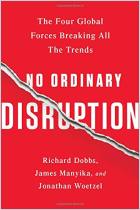
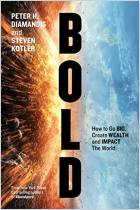
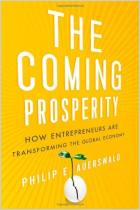
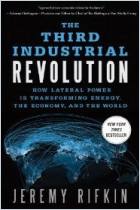
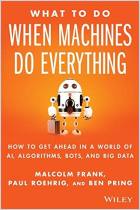
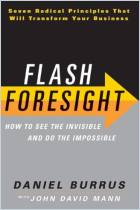


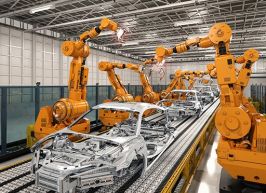


Comment on this summary or Comenzar discusión